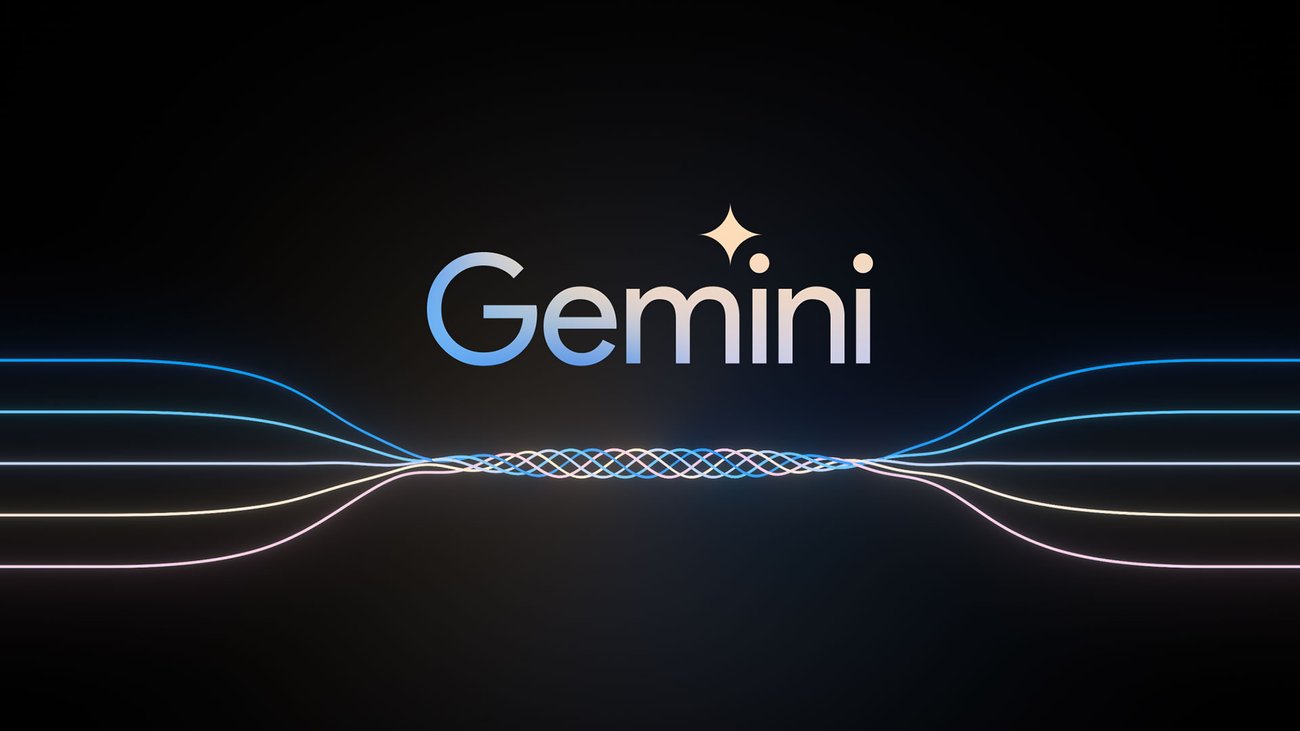Google’s Gemini 1.5 Pro and 1.5 Flash have emerged as flagship models promising to revolutionize how AI interacts with vast amounts of data. Marketed as capable of handling unprecedentedly large contexts, these models were positioned to excel at tasks like summarizing extensive documents or analyzing complex video footage. However, recent studies suggest a different reality—one where these capabilities may not live up to the hype.

The Promise vs. Reality
Google’s marketing touted Gemini’s ability to process up to 2 million tokens of data, equivalent to approximately 1.4 million words or hours of multimedia content, as a game-changer. Such claims fueled expectations that the models could perform nuanced tasks requiring deep understanding across extensive datasets.
Yet, studies conducted by researchers from UMass Amherst, the Allen Institute for AI, Princeton, and UC Santa Barbara reveal a stark contrast. In evaluations involving comprehension of lengthy texts and reasoning over videos, Gemini 1.5 Pro and 1.5 Flash consistently struggled. For instance, when tested on understanding complex statements within a 260,000-word book, Gemini 1.5 Pro managed to answer true/false questions correctly only 46.7% of the time—a result barely surpassing random chance. Similarly, Gemini 1.5 Flash faced challenges in transcribing handwritten digits from image slideshows, achieving accuracy rates that were less than stellar.
Critical Insights from Research
Marzena Karpinska, co-author of one study, highlighted significant gaps in Gemini’s performance: the models often failed to grasp implicit information crucial for accurate comprehension, a capability human readers take for granted. These findings suggest that while Gemini models can handle large contexts technically, their ability to genuinely understand and reason over such contexts remains questionable.
Industry Response and Implications
The underwhelming performance of Gemini models underscores broader concerns about the current state of generative AI. As businesses and investors grow wary of promised productivity gains and accuracy in AI-powered tools, confidence in these technologies is dwindling. The decline in early-stage deals for generative AI further signals a cooling interest amid skepticism over exaggerated claims versus practical utility.
The Need for Better Evaluation
Critics argue that current benchmarks used to assess AI models often fail to capture real-world complexities effectively. Existing tests, such as “needle in the haystack,” emphasize retrieval of specific information rather than comprehensive understanding and reasoning capabilities—key attributes for practical applications. Calls for improved benchmarks and third-party evaluations echo across the research community, urging greater transparency and accountability from AI developers like Google.
